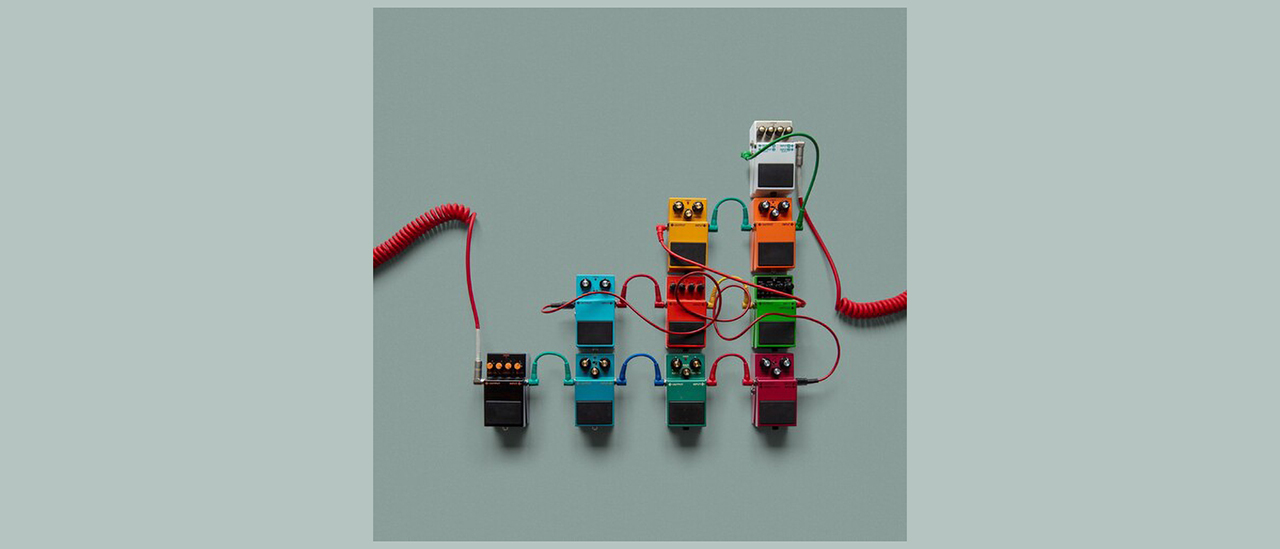You can trust Louder
Surely even the most reactionary now applaud Steven Wilson’s constant mission to move his music forward, to be progressive in the sense of opening windows and doors to fresh stimuli rather than merely diligently dusting the museum.
This 42-minute remix – or reimagining – of key passages from last year’s The Harmony Codex again reaches outwards. It’s sometimes sublime, sometimes innocuous and always interesting. It’s both a personable companion piece to the source and a project of pulsating identity in its own right.
The original album was already rich in variety. This, a broth stirred by multiple cooks, has phases where the flavours are tastily coaxed out, and others where someone’s gone overboard with their preferred spices or herbs.
The longer, close-to-10-minutes remixes that bookend the record, by Ewan Pearson and Mogwai, are by far the best, while the Manic Street Preachers remix is misguided. Those by modern jazz musicians David Kollar and Avre Henriksen, and by Wilson’s bandmates Craig Blundell and Adam Holzman, are, if unspectacular, north of solid. These are all punctuated by Wilson himself offering brief, linking variations on what he calls Codex Theme.
Pearson’s elongation of Time Is Running Out transforms the track completely. Beginning with a recitation of numbers, it glides into a dance-friendly backbeat, which might be deemed incongruous had Wilson’s back catalogue, not least his work with No-Man, heartily embraced such grooves before. It’d be a hoary dinosaur who objected.
The Manics had a momentary crush on deep cuts by The Police. Unfortunately, their ham-fistedness means they wind up as Big Country
Tricks flicker in and out as the piece – which pauses to allow Wilson’s original song (with its knowing mention of a ‘kick inside’) a fleeting cameo – follows its instincts with smooth conviction.
Kollar and Henriksen’s take on The Harmony Codex itself is more restrained, decorating the spoken word with a soundbed which recalls David Sylvian’s Brilliant Trees, and deploying keening violins. Actual Brutal Facts, restyled by Blundell, shifts into the kind of sinister, strangely-lit territory that Peter Gabriel investigated on his second and third albums.
Sign up below to get the latest from Prog, plus exclusive special offers, direct to your inbox!
Economies Of Scale, opening the second half, is handled by The Manics in a manner that suggests they had a momentary crush on Andy Summers’ guitar sound on deep cuts by The Police. Unfortunately, their ham-fistedness means they miss their target and wind up as Big Country.
It’s a win for the Scottish over the Welsh as, after Holzman’s simmering reshuffle of Rock Bottom, Mogwai bring us back to The Harmony Codex track with inspired intensity. They’re as serious as a church about it, and it’s the no-prisoners climax this album needed. A valid, persuasive revamp.
Harmonic Divergence is a limited-edition Record Store Day special, meaning it cannot be pre-ordered and it’s only available on a first-come-first-served basis. Visit the RSD website to discover ways to buy.
Chris Roberts has written about music, films, and art for innumerable outlets. His new book The Velvet Underground is out April 4. He has also published books on Lou Reed, Elton John, the Gothic arts, Talk Talk, Kate Moss, Scarlett Johansson, Abba, Tom Jones and others. Among his interviewees over the years have been David Bowie, Iggy Pop, Patti Smith, Debbie Harry, Bryan Ferry, Al Green, Tom Waits & Lou Reed. Born in North Wales, he lives in London.


